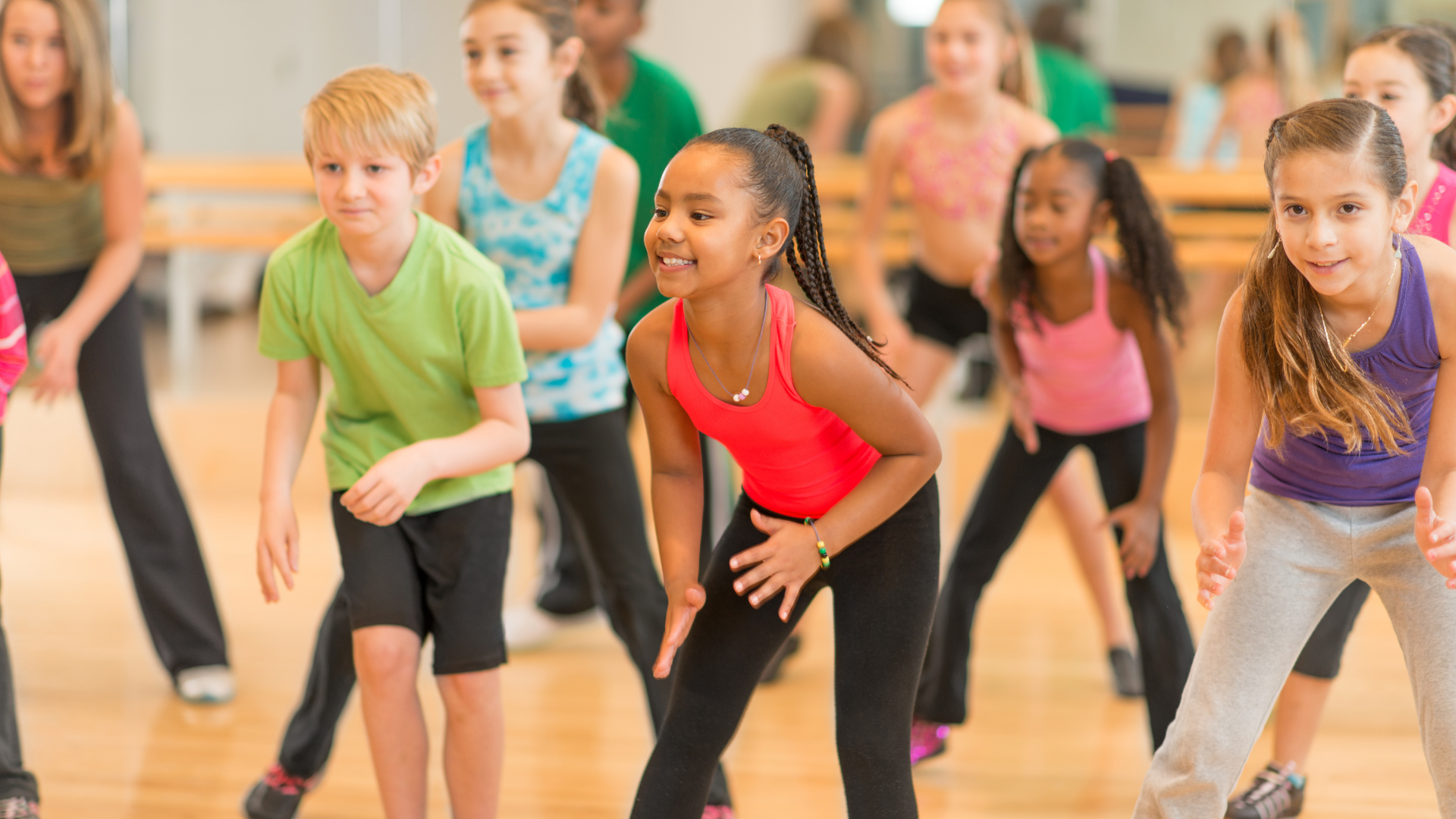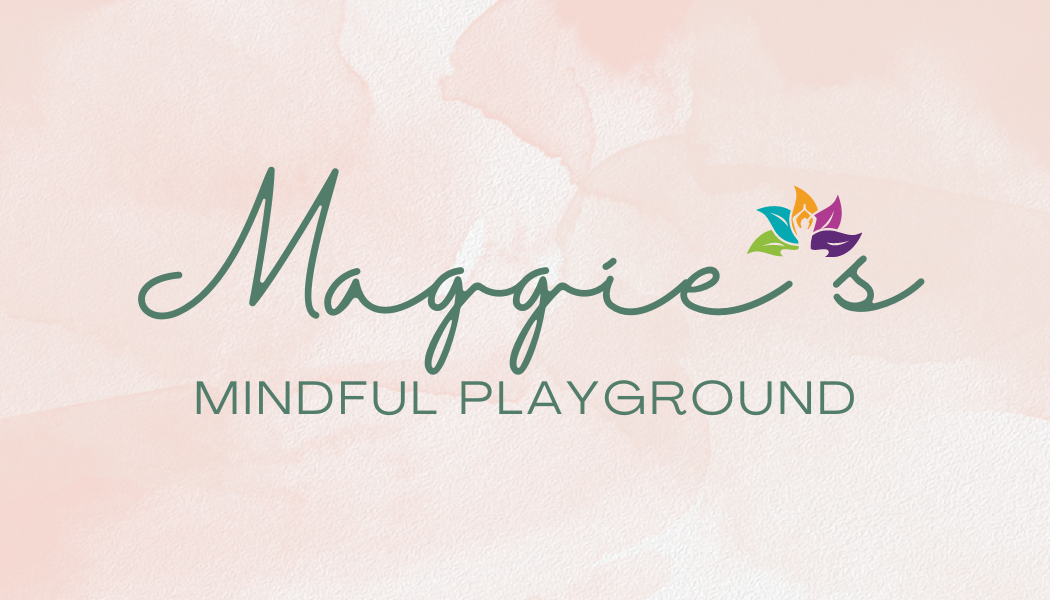Zumba Can Improve Social Skills and Confidence in Kids
When you think of Zumba, you might picture a room full of adults moving and grooving to energetic beats. But Zumba isn’t just for grown-ups—it’s a fantastic way for kids to boost their social skills and confidence, all while having a blast! Let’s explore how this fun-filled dance workout can make a positive impact on your child’s life, one step at a time.
1. Dancing Your Way to Better Social Skills
Zumba is all about moving together, and this group setting creates the perfect environment for kids to interact and make new friends. Whether they’re mirroring the instructor’s moves or simply enjoying the music with their peers, Zumba encourages kids to communicate and cooperate. Over time, these interactions help kids build essential social skills like teamwork, listening, and even turn-taking. Plus, they’ll have a whole new dance crew to hang out with!
2. Building Confidence, One Move at a Time
There’s something empowering about learning and mastering new dance moves. For kids, this sense of achievement translates directly into increased confidence. Zumba’s playful and non-competitive atmosphere allows children to express themselves freely without the fear of making mistakes. Each time they try a new move, they’re not just improving their dance skills—they’re also building self-esteem. Who knew a little shimmy could lead to a big boost in confidence?
3. Letting Loose and Having Fun
Let’s be honest—kids love to dance. And Zumba’s upbeat music and fun choreography make it impossible not to smile. The joy of dancing helps kids relax, let go of any shyness, and just be themselves. It’s like a dance party where everyone is invited, and everyone gets to shine. And the best part? Your child will be having so much fun, they won’t even realize they’re exercising!
4. Encouraging Creative Expression
Zumba isn’t just about following steps—it’s also about adding your own flair. Kids are encouraged to put their personal touch on the moves, which fosters creativity and self-expression. Whether your child adds a spin to a step or throws in some extra jazz hands, they’re learning to embrace their uniqueness. This freedom to be creative on the dance floor often translates to more confidence in other areas of their lives as well.
5. Reducing Anxiety and Stress
Life can be stressful, even for kids. The good news is that physical activity, like Zumba, is a natural stress reliever. The rhythm and repetition of dance movements can help children calm their minds and focus on the present moment. After a Zumba session, don’t be surprised if your child is not only happier but also more relaxed and ready to take on the world.
6. Strengthening the Body, Mind, and Heart
While Zumba is fantastic for social skills and confidence, it’s also a great way to keep kids physically healthy. The cardio workout helps improve coordination, balance, and overall fitness. And let’s not forget the mental health benefits—dancing releases endorphins, the feel-good hormones that contribute to a positive mood. It’s a win-win-win!
Wrapping It Up: Zumba for the Win
Zumba offers so much more than just a fun workout for kids—it’s a powerful tool for building social skills, boosting confidence, and encouraging creativity. Whether your child is shy or outgoing, Zumba provides a welcoming space where they can dance, laugh, and grow. So why not give it a try? After all, what’s better than seeing your child happy, confident, and surrounded by friends—one dance move at a time?
And remember, in Zumba, there’s no right or wrong way to move—just your way. So let your child find their rhythm and watch as they dance their way to becoming the best version of themselves. Let’s get moving!
At Maggie's Mindful Playground, we are proud to be OPWDD Self-Direction approved. This means that families can easily incorporate our yoga and wellness services into their self-direction plans. We also offer the convenience of direct billing, making it seamless for you to access the support your child needs.

